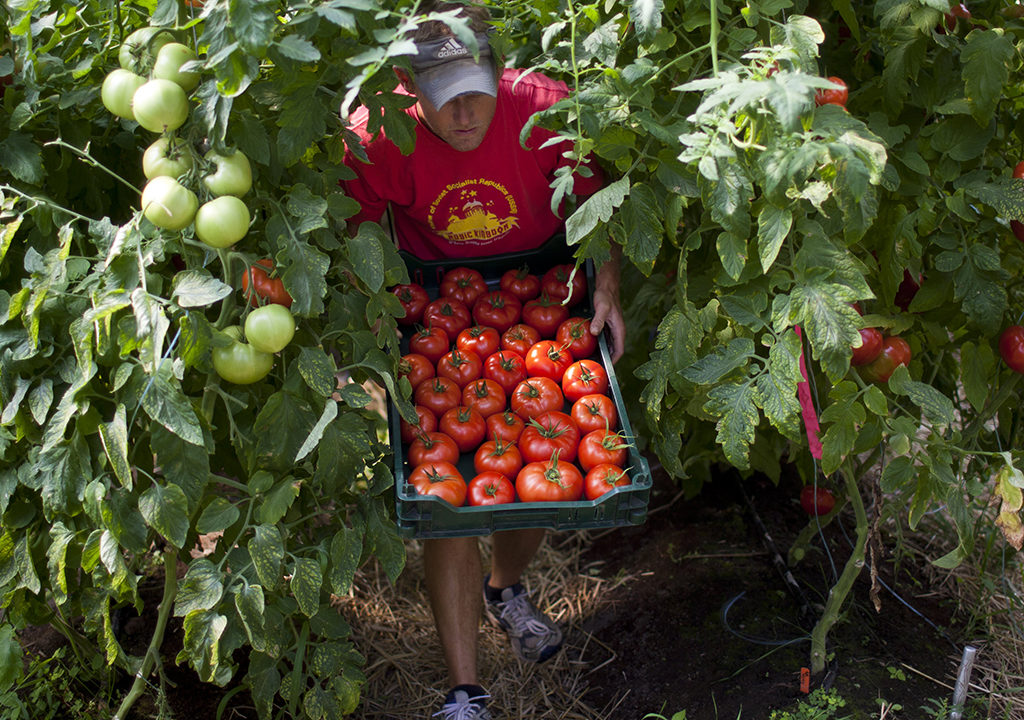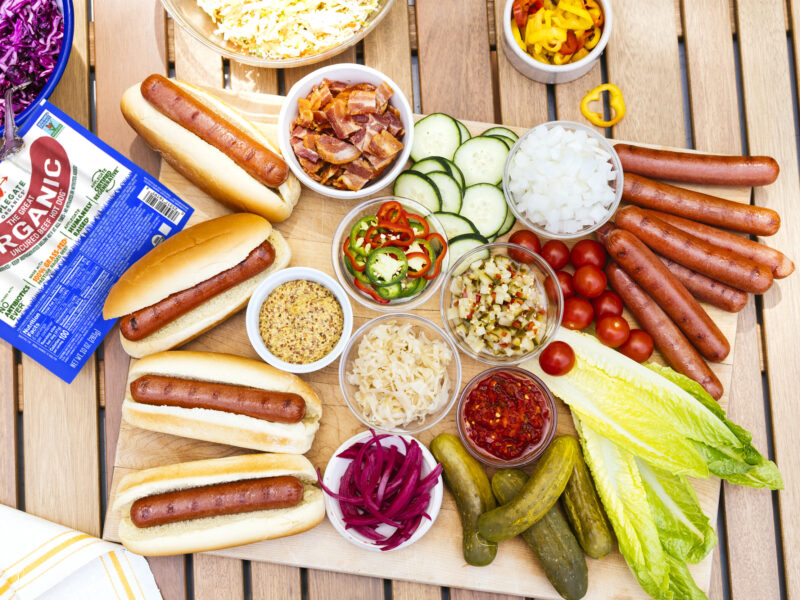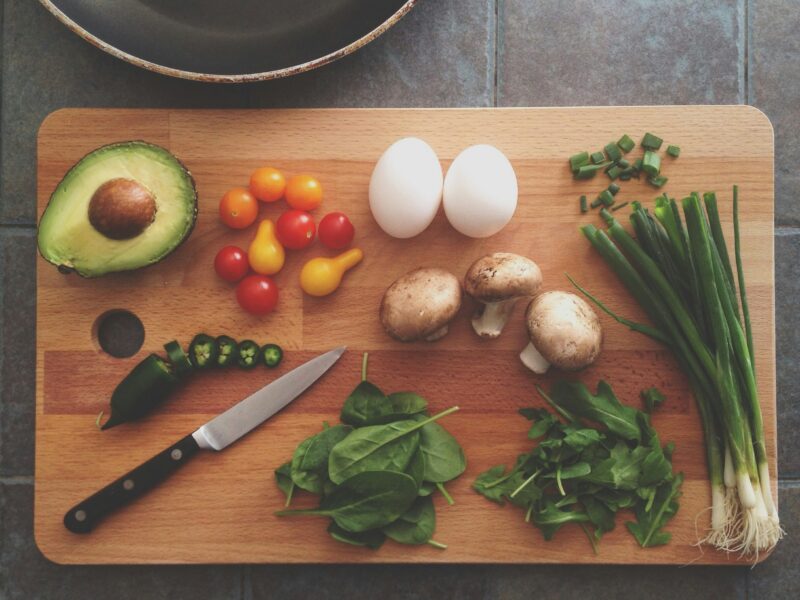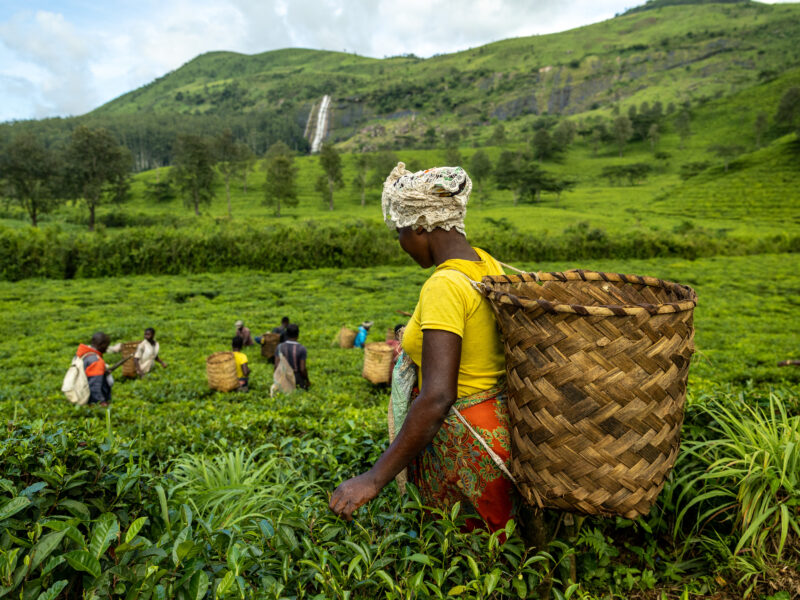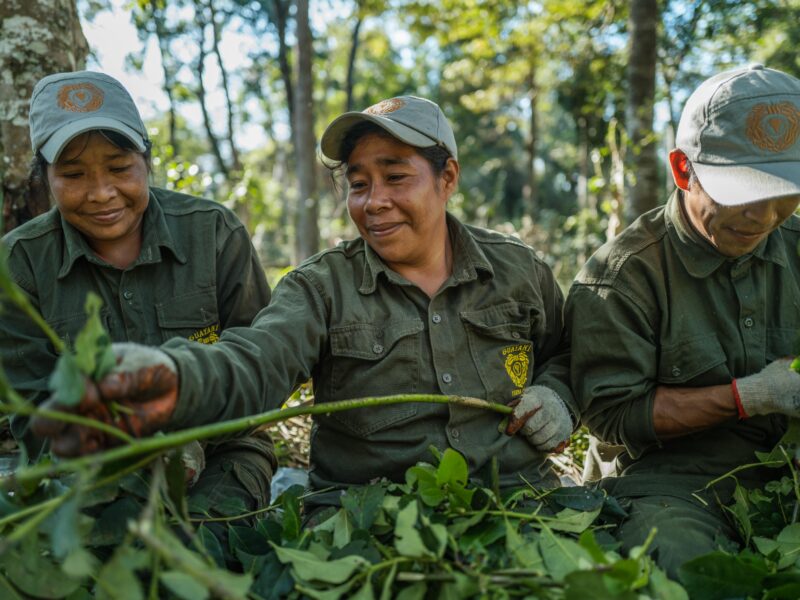In the 1940s, families used victory gardens to grow food during times of rationing. Now, in the time of social distancing, families are returning to the land in their own backyards. Growing vegetables has never been so popular, according to large and small seed providers across the U.S.—as worries spread about being able to access food during the coronavirus pandemic. As essential businesses, these companies are stepping up with various adaptations to handle a historic number of orders. The problems the novel coronavirus has revealed are not limited to the way we produce and distribute food. They also show up on our plates, since the diet on offer at the end of the industrial food chain is linked to precisely the types of chronic disease that render us more vulnerable to Covid-19. The European Commission is seeking to halve the use of chemical pesticides by 2030 to halt the decline of pollinators, in a plan likely to draw criticism both from those urging a phase-out of the substances and from farmers who say crop yields will suffer. Organic products continue to increase their share of the retail market in Switzerland, according to the Bio Suisse organization
BUILD A VICTORY GARDEN WITH RODALE INSTITUTE
In the 1940s, families used victory gardens to grow food during times of rationing. Now, in the time of social distancing, families are returning to the land in their own backyards. #VforVictoryGardens is a community of the new generation of victory gardeners.
https://rodaleinstitute.org/victorygardens/?fbclid=IwAR2xpNjS0lmMZPULOdYJmG96a6o1ScWtjBWYixn6wTu7f_i8CP2PyBz7RWU
The Sickness in Our Food Supply
The problems the novel coronavirus has revealed are not limited to the way we produce and distribute food. They also show up on our plates, since the diet on offer at the end of the industrial food chain is linked to precisely the types of chronic disease that render us more vulnerable to Covid-19.
https://www.nybooks.com/articles/2020/06/11/covid-19-sickness-food-supply/?fbclid=IwAR3DJumU_9BZ42A4S612H-THwBDhMj7tbDN_WEVxS95UvHtnPWUy7GBNEUI
Seed sales surge from food security concerns amid pandemic
Growing vegetables has never been so popular, according to large and small seed providers across the U.S.—as worries spread about being able to access food during the coronavirus pandemic. As essential businesses, these companies are stepping up with various adaptations to handle a historic number of orders.
https://non-gmoreport.com/articles/seed-sales-surge-from-food-security-concerns-amid-pandemic/?fbclid=IwAR2zeLdeu7TQ1Jh4-hAljCy2LBeLxdUte3YOmBAdI_KaXK_unhfV_R0B4sI
EU to halve pesticides by 2030 to protect bees, biodiversity: draft
The European Commission is seeking to halve the use of chemical pesticides by 2030 to halt the decline of pollinators, in a plan likely to draw criticism both from those urging a phase-out of the substances and from farmers who say crop yields will suffer.
https://www.reuters.com/article/us-climate-change-eu-pesticides/eu-to-halve-pesticides-by-2030-to-protect-bees-biodiversity-draft-idUSKBN22Q25N?fbclid=IwAR1SfFiqQGmyh53hPFQje7gbt6MXq0-z-UhJmfcNiY2qISzKUIIfGpeq_rI
Swiss consumers attracted by organic food
Organic products continue to increase their share of the retail market in Switzerland, according to the Bio Suisse organisation.
https://www.swissinfo.ch/eng/business/fresh-and-local_swiss-consumers-attracted-by-organic-food/45740900?fbclid=IwAR0msQL2bEvtmr1ifLMxVxI6FixJ6jdnqBGz84GUEbswIQv12EJAQaH8QeU#.XrR3wSZEYcs.twitter

